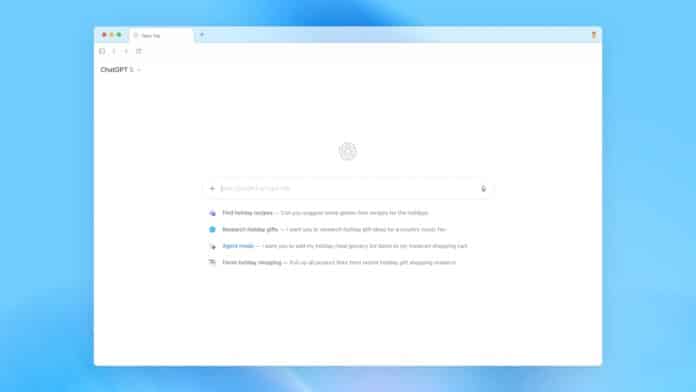OpenAI has launched ChatGPT Atlas, an AI-powered web browser designed to rival Google Chrome, Microsoft Edge, and other major browsers. Announced during a surprise livestream, Atlas aims to change how people search for and interact with information online by placing ChatGPT at the center of the browsing experience.
The browser, which will launch first on macOS with support for Windows, iOS, and Android to follow. It offers familiar features like tabs and favorites while adding a built-in ChatGPT Agent that can perform actions on the web for users.
This move positions Atlas as a direct challenger to Google’s dominance and reflects the growing competition to integrate AI into everyday web browsing.
What stands out?
A standout feature in AI-driven browsers is their built-in chatbot, which automatically understands what is on your screen, basically eliminating the need to copy-paste text or drag files into ChatGPT for context.
This ‘sidecar” feature makes browsing much smoother. During OpenAI’s livestream, Product Lead Adam Fry confirmed that ChatGPT Atlas includes this sidecar capability.
Additionally, Atlas logs your browser history, allowing ChatGPT to use sites you visit and your online activity to give more personalized answers.
The ChatGPT Altas Features to Try
- Agent Mode enables ChatGPT to interact with websites while users retain the ability to take control at any time.
-
ChatGPT’s memory feature can recall relevant details and present them when needed.
-
ChatGPT can be triggered directly from any text field on a website with just one click.
-
Users control which sites ChatGPT can access, can clear browsing history, use incognito mode, and manage browser memories anytime.
- ChatGPT Atlas lets users open a ChatGPT sidebar in any tab to summarize content, compare products, or analyze website data.
-
For searches, users can easily switch between viewing text, images, videos, or news results, similar to Google or Bing.

